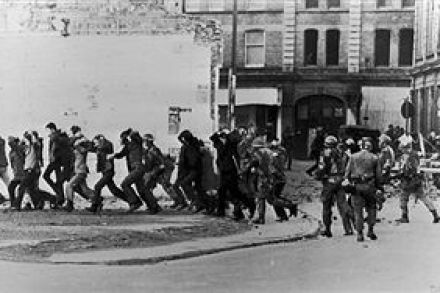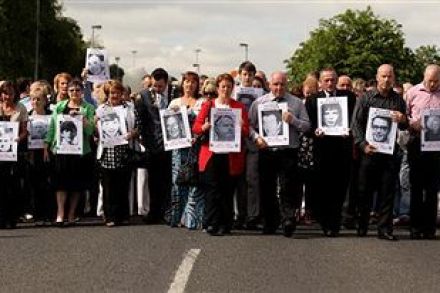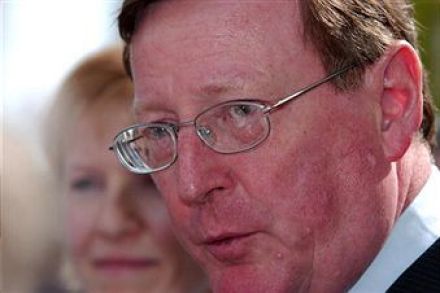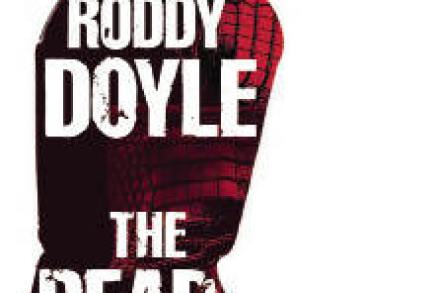A cousin across the water
Though he was to live at Castle Leslie in Co. Monaghan, Sir John Randalph (later Shane) Leslie, cousin of Winston Churchill, was born at Stratford House, London, in 1885 though baptised at Glaslough with Lord Randolph Churchill as godfather. Though he was to live at Castle Leslie in Co. Monaghan, Sir John Randalph (later Shane) Leslie, cousin of Winston Churchill, was born at Stratford House, London, in 1885 though baptised at Glaslough with Lord Randolph Churchill as godfather. After Eton and King’s, Cambridge, Shane, at Churchill’s bidding, stood as a Home Ruler for Londonderry City in both the 1910 general elections. He lost each time by about 100 votes to

















